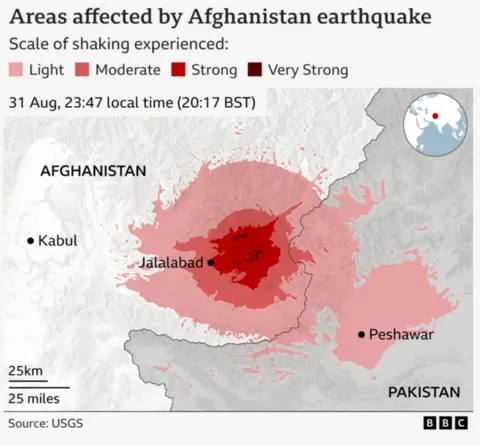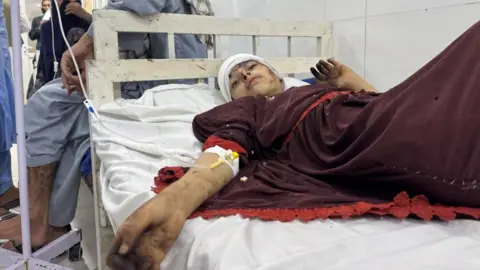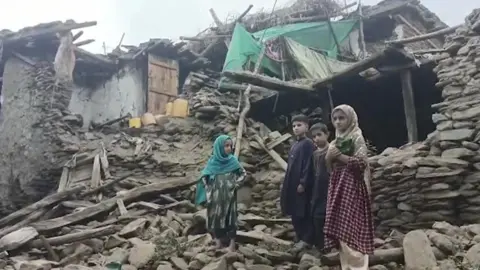High on a hill in the Afghan capital, Kabul, behind steel gates adorned with barbed wire, lies a mental health center rarely talked about or visited. This facility, the women’s wing of the Afghan Red Crescent Society (ARCS), is one of only a few places in the country dedicated to the care of women with mental illnesses. Locally known as "Qala" or "the fortress," it accommodates 104 women, all grappling with challenges stemming from Afghanistan's profound social and political upheaval.
The facility is crowded, and staff members are overwhelmed by the volume of patients. Among them is Mariam*, thought to be in her mid-20s. She has spent nine years in Qala after enduring years of domestic violence and finally being forced into homelessness by her family. "My brothers would beat me if I went to a neighbor's house," she recalls, explaining the cultural beliefs that dictated her family's control over her. Abandoned on the streets, Mariam was ultimately brought to the center by a compassionate stranger concerned for her wellbeing.
Despite her challenging history, Mariam often radiates positivity, singing and helping with various tasks around the facility. However, she cannot leave, trapped by the harsh reality: her family is unwilling to accept her back. "I don’t expect to return to my parents. I want to find a husband here in Kabul," she states, highlighting the dire lack of options available to women in her position.
Similarly, Habiba, 28, is also eager to exit the facility but feels doomed to remain without any viable alternatives. Her husband forced her to the center after marrying another woman, leaving Habiba with no support from her own family or her three children, who live with relatives. "I just want to be with my kids again," she laments, revealing the deep emotional scars resulting from her situation.
The environment at the center reflects broader societal issues. Many female patients have lived there for decades due to a lack of support and familial abandonment. Saleema Halib, a psychotherapist at Qala, shares that some patients have remained institutionalized for 35 to 40 years without any visitors.
The mental health crisis in Afghanistan is impossible to ignore. A recent UN report underlines the dire situation, revealing that 68% of surveyed Afghan women report suffering from poor mental health, exacerbated by Taliban restrictions on their freedoms. While the Taliban government asserts that it protects women’s rights, the reality on the ground tells a different story, with access to mental health services severely hampered by travel restrictions and societal stigma.
Mental health facilities are overwhelmed; many women, including Mariam and Habiba, face an uphill battle to find autonomy. For example, while waiting to enter the center, a family seeking help for their daughter, Zainab, was informed that no beds were available, forcing them to confine her at home. Zainab's struggles indicate the urgent need for mental health care, yet systemic obstacles inhibit access and treatment.
The fate of women at Qala remains uncertain. As the Taliban's grip tightens, the barriers to freedom persist. Each woman's story echoes a common theme: isolation, desperation, and the hope for a life outside the walls that confine them. What lies ahead for Mariam, Habiba, and the many others is still to be seen, as they navigate a society that often leaves them unheard and abandoned.*The names of patients and their families in this report have been changed to protect their identities.





















